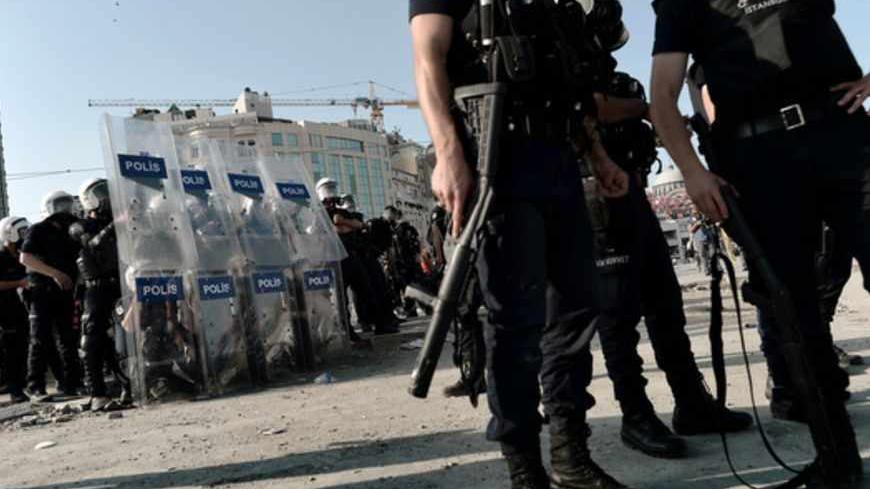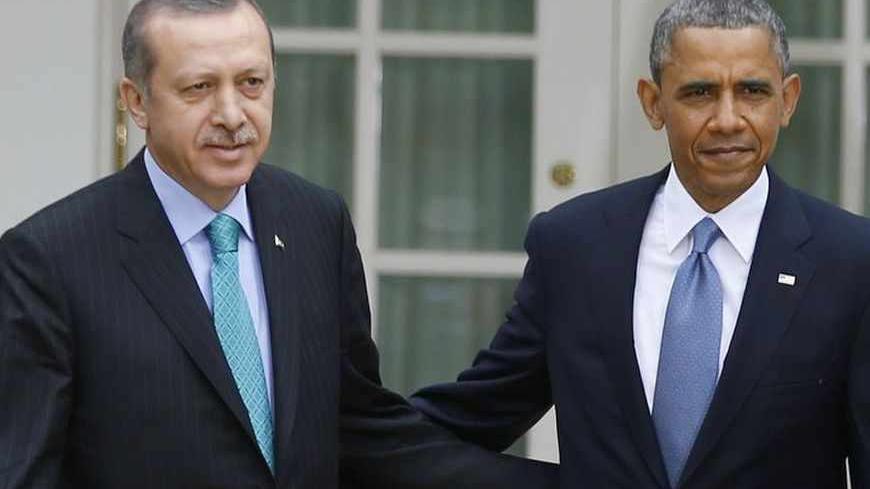Assad Toys With Erdogan Over Riots
Turkish Prime Minister Recep Tayyip Erdogan is losing the high ground in his response to protests.

The nationwide demonstrations and rioting following the brutality by Turkish police last weekend toward demonstrators trying to prevent the destruction of age-old trees in Gezi Park, adjoining Istanbul’s famous Taksim Square, could not have come at a better time for Syria’s internationally beleaguered president, Bashar al-Assad, and at a worse time for his nemesis, Turkish Prime Minister Recep Tayyip Erdogan.
There is of course no immediate comparison between the two situations given that tens of thousands have been killed while hundreds of thousands, if not millions, have been left homeless as refugees in Syria. That, however, did not prevent members of the Assad regime from immediately trying to capitalize on the violence in Turkey to propagandist advantage.






